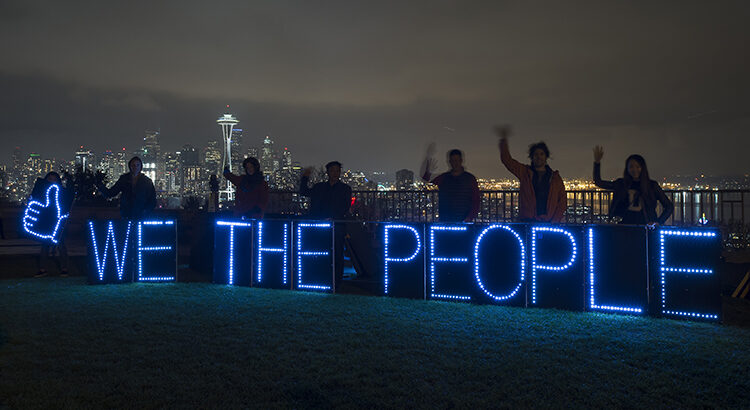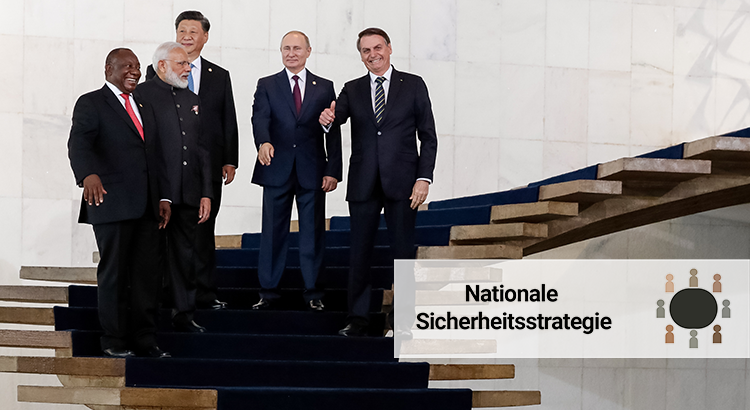Brazil’s presidential elections are scheduled to take place on October 2, 2022. The confrontation between the extreme-right incumbent president Bolsonaro and the center-left former president Lula Da Silva provides a rare setting. The election places Brazil at a crossroads and will set the stage for either a comprehensive commitment to democracy under Lula or a continuation along the path to authoritarianism under Bolsonaro. Recent polls suggest that the most likely scenario is a win for Lula. Nevertheless, Brazil’s democratic institutions are continuously under attack. Currently, the possibility of the elections being preemptively cancelled or the final results being contested cannot be fully dismissed.
Schlagwort: Autokratie
The Reconstitution of Liberal Hegemony in Comparative Regime Research: V-Dem’s Discursive Turn from the Contestation to the Decontestation of Democracy
Within just a few years, the Varieties of Democracy (V-Dem) project has experienced a remarkable rise to both academic and political prominence. As I show in a paper that was just published open access with Contemporary Politics, this rise has been accompanied by a notable discursive shift: Having started as a project aimed at taking seriously the essential conceptual contestability of democracy, in recent years V-Dem has adopted an increasingly narrow and taken-for-granted focus on liberal democracy. This turn from the contestation to the decontestation of democracy, which responds to the perception of serious threats to democracy in general and liberal norms in particular, is not only remarkable in and of itself. In the face of the current crisis of democracy, it is also deeply problematic as it contributes to downplaying the inherent limitations of liberal democracy. The following contribution presents and summarizes the main arguments from the paper.
Gemeinsam gegen die bösen Autokratien? Zu den Fallstricken demokratischer Allianzbildung als Pfeiler einer zukünftigen deutschen Sicherheitsstrategie
In Reaktion auf den Aufstieg Chinas und das zunehmend selbstbewusste Auftreten autoritär verfasster Staaten hat sich auch im deutschen außenpolitischen Diskurs das Bild eines neuen „Systemwettbewerbs“ verfestigt. Die Vorstellung, dass sich die Demokratien dieser Welt im Angesicht bedrohlicher Autokratien zusammenschließen müssen, hat durch den russischen Angriffskrieg auf die Ukraine weiter Nahrung erhalten. Die Bundesregierung wäre allerdings schlecht beraten, diese Idee einer Zweiteilung der Welt in gute Demokratien und schlechte Autokratien zur Grundlage ihrer Nationalen Sicherheitsstrategie zu machen.



